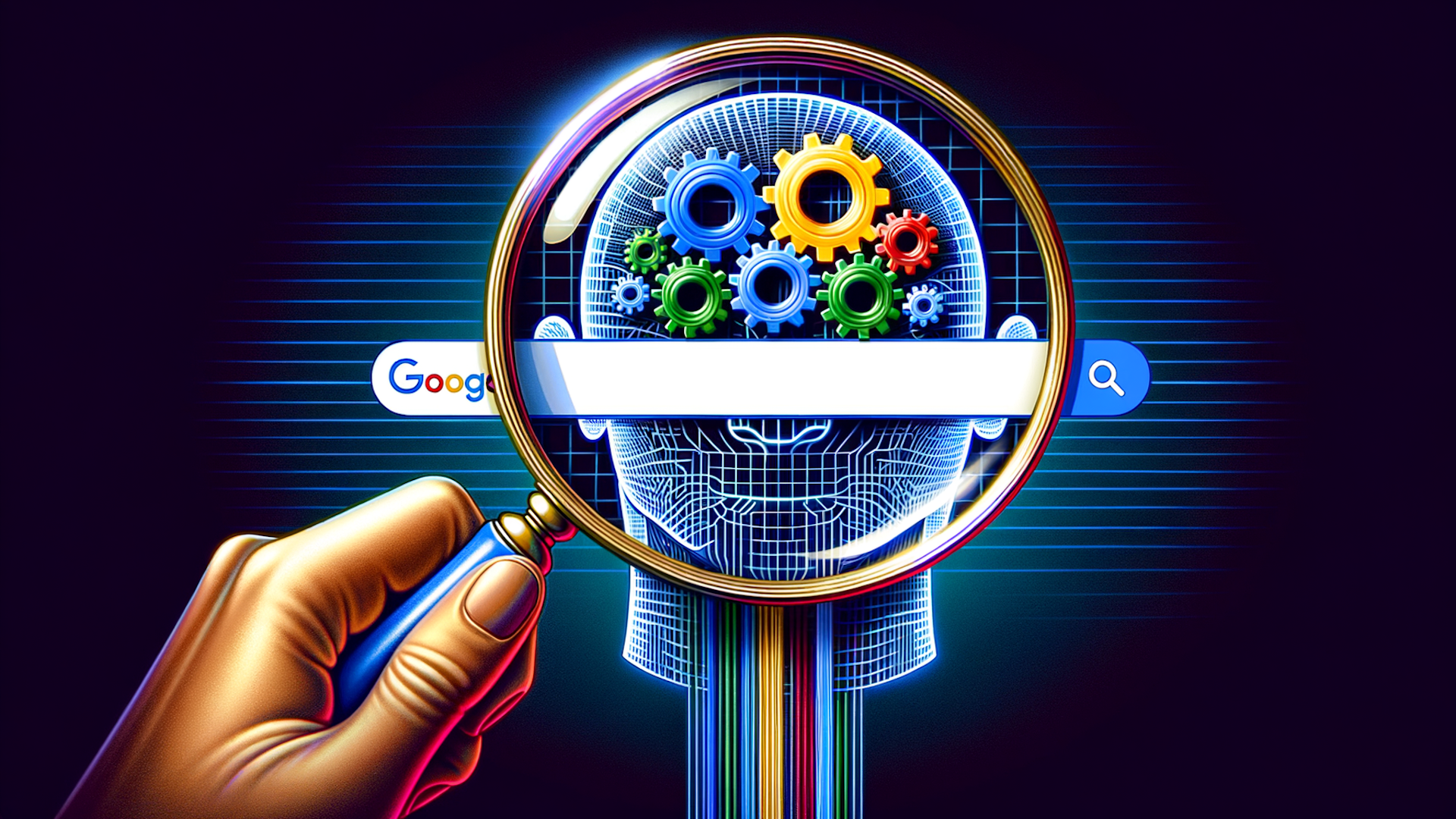
Google’s Next Step in Advertising: AI Mode Integration
As the digital landscape evolves, so do the strategies employed by major tech players like Google. The company is rolling out a significant change to its advertising approach by integrating ads into its AI Mode—a conversational search feature. This innovative transition marks a departure from conventional keyword-targeted adverts, steering towards a more context-driven model. Herein lies a profound shift that has the potential to reshape how brands and agencies engage their audiences.
The essence of this new ad format hinges on contextual targeting. Unlike traditional methods that rely on isolated queries, the ads will be embedded within the broader context of an entire conversation. This shift allows for more refined and nuanced targeting, which aligns closely with user intent and enhances ad relevance. Furthermore, as conversational AI continues to make strides, brands need to adapt their strategies to leverage this change effectively.
In addition to contextual targeting, Google aims to expand ad formats beyond classic text and product-based options. As user interactions diversify, accommodating various formats is crucial for maintaining engagement and effectiveness. Advertisers utilizing Google’s Performance Max and AI Max for Search will find their campaigns featured prominently in AI Mode, thereby taking advantage of this exciting new platform.
Another highlight of Google’s direction is the emphasis on data quality. Maintaining accurate product data—often referred to as “feed hygiene”—is paramount for ensuring optimal ad performance. For brands, this means investing not only in captivating content but also in the meticulous management of data to enhance the efficacy of their ads.
However, the transition to AI-driven ads brings with it questions regarding the economic model involved. It raises significant considerations about user interaction dynamics and the potential shift from traditional pay-per-click configurations to alternatives such as CPM (cost per thousand impressions). Navigate these changes successfully could well dictate the future profitability of digital marketing strategies.
This pivot comes at a critical juncture, particularly as Google prepares for the holiday marketing season, an essential period for many advertisers. The company’s partnerships with brands and advertising agencies will be fundamental to optimizing ad placements during this crucial time.
In the evolving landscape of link management, incorporating even more flexibility through URL shorteners and customized short link solutions will be essential. Tools that enable easy short link creation, management of custom domains, and curated paths for user engagement—such as #BitIgniter #LinksGPT #UrlExpander #UrlShortener—can complement Google’s new approach by providing concise, trackable links that enhance user experience and engagement efficiency.
The synergy between advanced advertising methods and robust link management tools will enable brands to thrive in this new environment, enhancing their visibility and performance metrics in the ever-competitive digital marketplace. As Google redefines the rules of engagement, marketers and developers alike must harness these insights to innovate their digital strategies.
Hashtags de l'industrie :
#BitIgniter #LinksGPT #UrlExpander #UrlShortener #DigitalMarketing #SEO #SaaS
Vous voulez en savoir plus : Lire la suite ici

